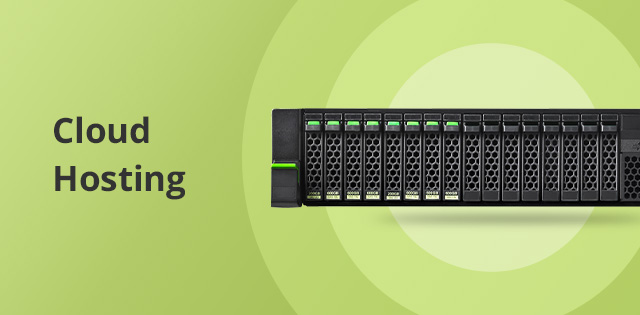In today’s times, with an increase in the number of cyber-attacks, protecting site data has become a priority for most site owners. Even if a site loads fast and has maximum uptime, a site that is not secure can hamper the business and reputation of the brand. Usually, when a new site is launched, its hosting requirements are basic, and a Shared Website Hosting service suffices. While providers offer different types of hosting in India, Shared Hosting is the most popular service. However, there are multiple concerns raised regarding the security of a Shared Hosting architecture.
Today, we will talk about six ways in which you can protect your website data in Shared Hosting.
Table of Contents
Pick the Perfect Shared Hosting plan
When you choose a Shared Hosting service, the provider plays an important role in ensuring the security of the site. Since the site owner does not have a lot of control over the server, it is important to look at the security practices of the web hosting provider before buying a Shared Hosting plan.
Take a detailed view of the security practices, read reviews, and assess the protection offered by the Shared Hosting plans before buying. Choose between Linux and Windows Shared Hosting plans carefully too.
You can also look for providers that offer cloud-based security tools like Site Lock Security with their web hosting plans. The following video offers a glimpse into Site Lock Security for websites –
Run Regular Updates
With a Shared Hosting account, the provider offers a control panel (like cPanel with a Linux Hosting account) that allows you to run updates regularly. Most application developers release regular updates to patch security loopholes and boost the security of the server. While being on a Shared Hosting plan might restrict you from running some updates, ensure that the OS and applications are updated regularly between the provider and yourself.
Managing and regulating several terabytes of data is not an easy task. If a business is not sure about where its data might end up, they should always be fearful of it getting into the wrong hands. Working with a specialized agency that looks after data erasure can make sure that there are no cybersecurity breaches that take place and adversely affect the business. Businesses that have still not invested in comprehensive data security programs need to start doing it immediately.
Use Complex Passwords
Most site owners use passwords that they can remember easily. However, in doing so, they tend to create passwords that hackers can crack easily too. This gets much easier if the passwords have information from the user’s personal life like the spouse’s name, date of birth, etc. Hence, to ensure security, site owners must use complex passwords that have no relevance to their lives.
Use two-Factor Authentication
Over the last decade, two-factor authentication has become more of a norm across websites to keep hackers at bay. Two-factor authentication means that apart from the login ID and password, the user also needs to enter an OTP to gain access to the account. Hence, a hacker cannot hack the account unless he also has access to the user’s phone/email account.
Get DDoS Protection
A Distributed Denial of Service or DDoS attack is one of the most common threats faced by websites today. This is a particularly dangerous attack because it disguises as site traffic but overwhelms the server causing it to crash. Hence, it is important to choose a provider that offers specific DDoS protection.
Take Regular Website Backup
While security tools are getting more advanced, hackers are evolving too. Hence, despite the security measures, there can be times when the site gets hacked, and data gets corrupted. This is where a website backup can help you restore site services in no time. Hence, ensure that you always have the latest copy of your site available as a backup. You can install automated backup applications like CodeGuard Website Backup to automate and streamline your backup strategy.
Summing Up
Remember, websites of all sizes and all sectors have the risk of being attacked by hackers and other cyber-miscreants. Hence, it is essential to ensure that you keep your site protected regardless of the business you are in. The tips mentioned above can help you protect your site data in Shared Hosting. Follow these tips to stay protected. Good Luck!




